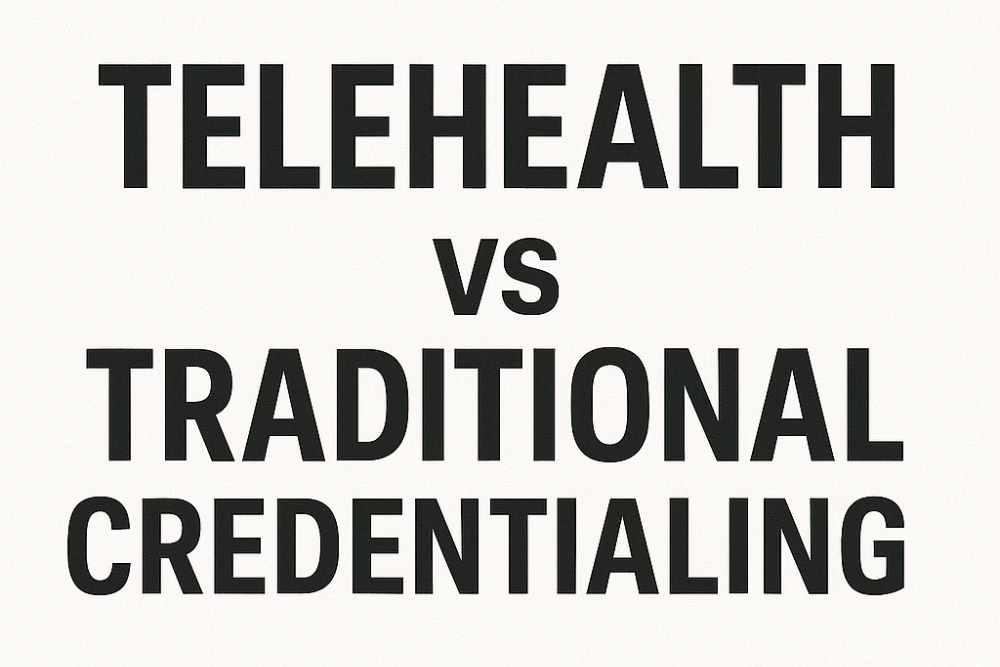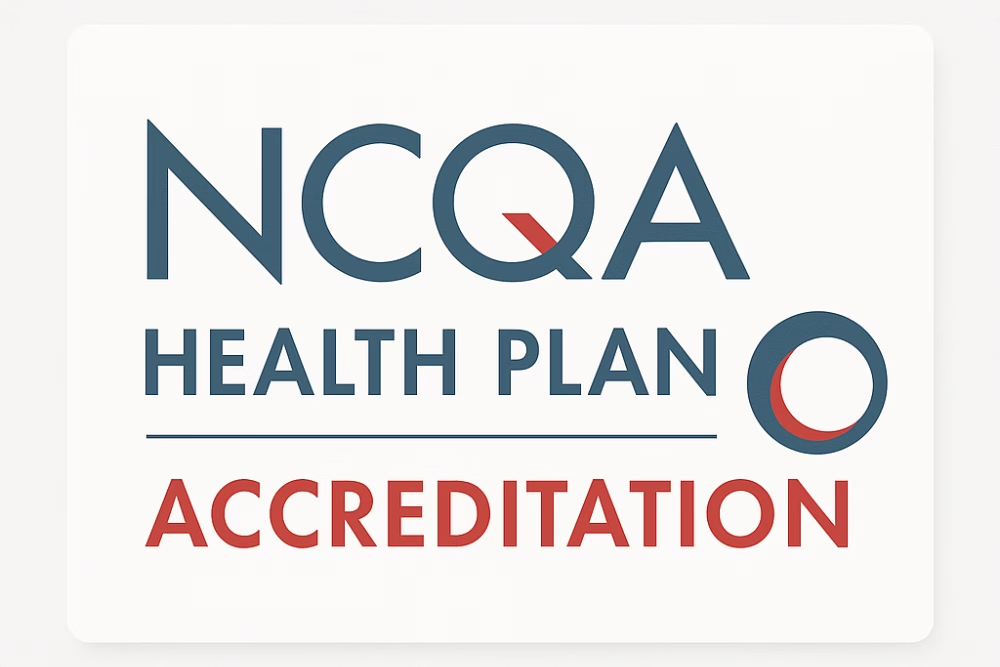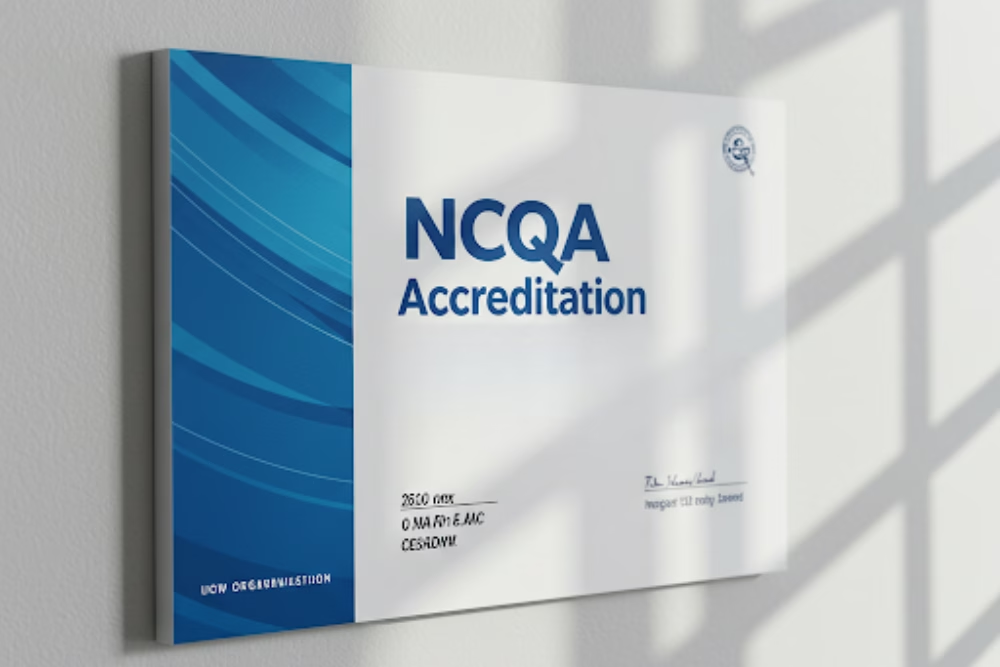Is credentialing slowing you down? If you’re a healthcare provider, practice owner, or admin tired of lengthy enrollment processes and endless paperwork, delegated credentialing might be the game-changer you need. By meeting key qualifications, your organization can take charge of provider credentialing in-house—drastically speeding up onboarding and improving operational efficiency.
What Is Delegated Credentialing?
Delegated credentialing is a formal agreement where a health plan or payer allows a healthcare organization to manage credentialing on their behalf. It gives you more control, streamlines the enrollment process, and ensures faster onboarding of new providers.
Key Requirements to Qualify
✅ A High-Standard Credentialing Program: Your team must show commitment to verifying qualifications with accuracy and consistency.
✅ Internal Process Excellence: Your credentialing workflow must be thorough, compliant, and audit-ready.
✅ Pre-Delegation Evaluation: The payer will assess your policies, files, and infrastructure to ensure readiness.
✅ Official Agreement: A legally binding contract outlines expectations, reporting duties, audit processes, and performance metrics.
Steps to Become a Delegated Credentialing Powerhouse
1. Build a Strong Internal Program
-
Form a qualified credentialing committee with active clinicians.
-
Draft policies that align with NCQA, URAC, and federal/state standards.
-
Use secure digital systems to manage credentialing workflows and store provider data.
2. Ace the Pre-Delegation Audit
-
Expect a full review of your policies and provider files.
-
Pro tip: Existing accreditations (like NCQA) can make approval easier.
3. Sign the Delegation Agreement
-
Define roles, responsibilities, data security, reporting cadence, and audit frequency.
-
Understand performance benchmarks and contingency steps for non-compliance.
4. Commit to Ongoing Compliance
-
Submit reports regularly (monthly or semi-annually).
-
Stay audit-ready with consistent tracking of licenses, sanctions, and renewals.
-
Maintain constant communication with the delegating payer.
Why It Matters
Delegated credentialing can:
-
Cut down your enrollment turnaround time.
-
Decrease admin workload.
-
Enhance accuracy and control over provider data.
-
Improve your relationships with payers and partners.
Let’s Make It Happen
Ready to take control of your credentialing workflow? eClinicAssist is here to help your practice navigate every step of the delegation process—from building your credentialing infrastructure to preparing for audits and signing agreements.
📩 Reach out to eClinicAssist today and streamline your credentialing journey.






